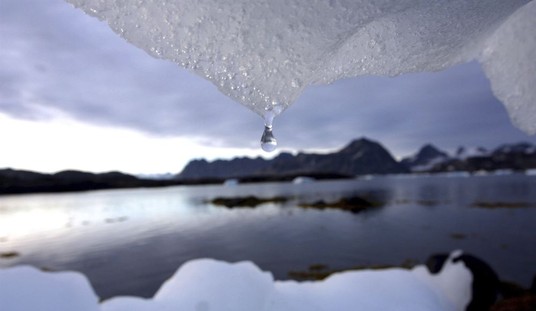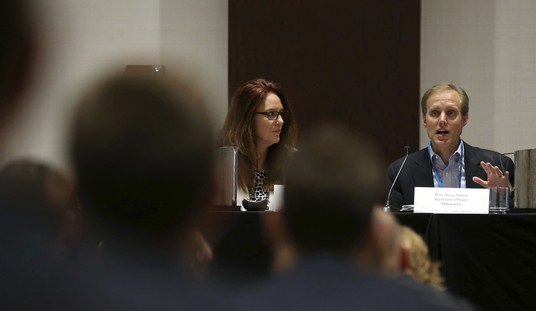The British Parliament has begun an investigation into the meaning of the East Anglia CRU e-mails, and part of that process is a form of peer review, in a sense. Their Science and Technology committee has welcomed commentary from the scientific community, and among those members is the non-profit charity, the Institute of Physics. In their submission, the IoP says that the UEA CRU e-mails don’t just indict East Anglia, but the entire AGW industry — and that “science” wasn’t what they were doing at all (via Watts Up With That and Mike Ross, emphases mine):
What are the implications of the disclosures for the integrity of scientific research?
1. The Institute is concerned that, unless the disclosed e-mails are proved to be forgeries or adaptations, worrying implications arise for the integrity of scientific research in this field and for the credibility of the scientific method as practised in this context.
2. The CRU e-mails as published on the internet provide prima facie evidence of determined and co-ordinated refusals to comply with honourable scientific traditions and freedom of information law. The principle that scientists should be willing to expose their ideas and results to independent testing and replication by others, which requires the open exchange of data, procedures and materials, is vital. The lack of compliance has been confirmed by the findings of the Information Commissioner. This extends well beyond the CRU itself – most of the e-mails were exchanged with researchers in a number of other international institutions who are also involved in the formulation of the IPCC’s conclusions on climate change.
And as far as the science being settled, or even “science” as understood by the public as conclusory data, the IoP has issues with that characterization as well:
4. The second category relating to proxy reconstructions are the basis for the conclusion that 20th century warming is unprecedented. Published reconstructions may represent only a part of the raw data available and may be sensitive to the choices made and the statistical techniques used. Different choices, omissions or statistical processes may lead to different conclusions. This possibility was evidently the reason behind some of the (rejected) requests for further information.
5. The e-mails reveal doubts as to the reliability of some of the reconstructions and raise questions as to the way in which they have been represented; for example, the apparent suppression, in graphics widely used by the IPCC, of proxy results for recent decades that do not agree with contemporary instrumental temperature measurements.
In other words, the claims made by AGW advocates didn’t match the data available elsewhere. When challenged on this, the AGW advocates refused to release the data to other scientists, and finally refused to release it under a Freedom of Information demand. When it looked as though the government would get their hands on the data anyway, the CRU conspired to destroy the data, along with other AGW advocates around the world.
The IoP doesn’t trust East Anglia to restore confidence in the AGW movement’s claim to science, either, because the fraud went well beyond the boundaries of the University of East Anglia:
Are the terms of reference and scope of the Independent Review announced on 3 December 2009 by UEA adequate?
10. The scope of the UEA review is, not inappropriately, restricted to the allegations of scientific malpractice and evasion of the Freedom of Information Act at the CRU. However, most of the e-mails were exchanged with researchers in a number of other leading institutions involved in the formulation of the IPCC’s conclusions on climate change. In so far as those scientists were complicit in the alleged scientific malpractices, there is need for a wider inquiry into the integrity of the scientific process in this field.
11. The first of the review’s terms of reference is limited to: “…manipulation or suppression of data which is at odds with acceptable scientific practice…” The term ‘acceptable’ is not defined and might better be replaced with ‘objective’.
12. The second of the review’s terms of reference should extend beyond reviewing the CRU’s policies and practices to whether these have been breached by individuals, particularly in respect of other kinds of departure from objective scientific practice, for example, manipulation of the publication and peer review system or allowing pre-formed conclusions to override scientific objectivity.
This is a devastating critique from an objective scientific community. It exposes as risible the notion that, as EPA Director Lisa Jackson attempted to insist, the UEA CRU e-mails only revealed a lack of interpersonal skills among AGW advocates. As the IoP makes clear, the UEA CRU and its many partners in the AGW movement committed intellectual and scientific fraud — and their conclusions should be viewed as worthless.








Join the conversation as a VIP Member